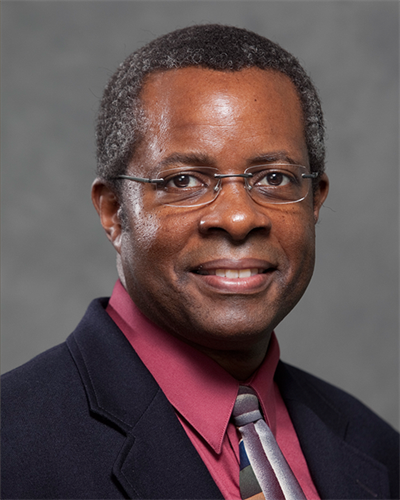Tufts Faculty Working Together to Teach for Racial Equity



In the fall of 2023, faculty members from across the university came together through the Racial Equity Faculty Learning Community to explore ways they could foster racial equity through their teaching. The participants’ experiences offer some useful ways to pursue teaching for racial equity, which readers could implement in or out of a learning community context.
This Learning Community iterated on the Antiracist Teaching Faculty Learning Community that started in 2020. In the past, CELT facilitators led participants in discussions of readings and resources, and other activities that supported their development in antiracist teaching. This past semester, participants took on more of an active role in shaping their experience by exercising ownership over the monthly meetings. After developing their own goals for the program, participants volunteered to offer teaching demonstrations or to share pedagogical challenges, and the rest of the group offered them feedback. This focus on how participants would apply what they were learning allowed them to explore how they might promote racial equity through their teaching in concrete ways.
As a first step in thinking about what teaching for racial equity might look like, Chris Swan, Professor of Civil and Environmental Engineering and Dean of Undergraduate Education, delivered a short example lecture on the impact of transportation systems on marginalized communities. Fellow participants identified strengths and suggestions for Professor Swan’s approach. Afterwards, Professor Swan noted that “the FLC was instrumental in developing a racial equity lens in teaching my existing course on civil infrastructure. By providing a ‘snippet’ of a lecture of what I hope to do in class, I was able to utilize the FLC for early feedback and revision to my original ideas and thus expand my own thoughts on what an appropriate racial equity lens can look like for the course.”
Amy Schlessman, Assistant Professor in the Department of Rehabilitation Sciences, demonstrated how she teaches content on racial and ethnic health disparities. Like Professor Swan, Professor Schlessman appreciated leaving with “actionable plans to improve our course content and actively engage students.”
Lawrence Uricchio, Assistant Professor in the Department of Biology, who shared and received feedback from the group about how he would revise assignments to consider how racist outcomes can emerge from a seemingly unbiased computational model. He commented that the chance to “connect with colleagues who are invested in learning about (and confronting) racism within and beyond their academic fields” allowed him “to think expansively across disciplines about the challenge of creating equitable learning spaces.”
We invite faculty exploring how to teaching for racial equity in their own courses to consider applying some of the most successful aspects of this FLC. First, when experimenting with incorporating course content related to race, racism, racial equity, or racial justice, practice in front of a colleague — even a colleague from a different discipline — and solicit feedback. Second, think creatively about how to center racial equity in one’s course, whether through highlighting inequities that emerge because of disciplinary practices, as Professors Swan, Schlessman and Uricchio did, or in other ways, such as diversifying representation in reading lists or initiating conversation and reflection about the values and assumptions implicit in the discipline.
Thanks to all of the participants for their engagement in the Learning Community!
See Also – Words Matter in Our Work Against Racism, Balancing Flexibility and Rigor to Advance Equity in Course Design, There are no quick fixes in JEDI work, Inclusive Teaching Tips (Big and Small!) From P3’s Student Partners, Anti-Racist Teaching Resources


